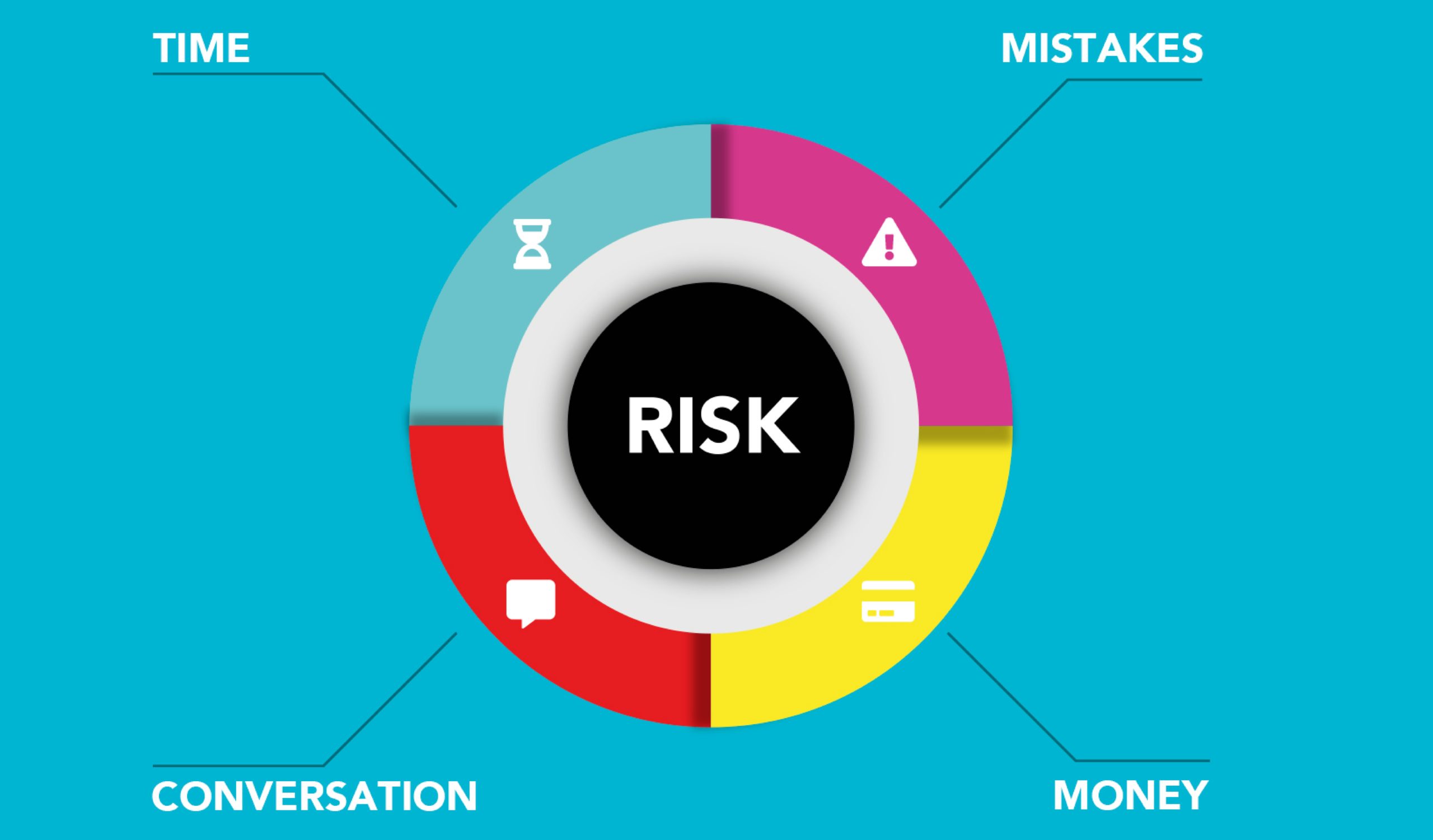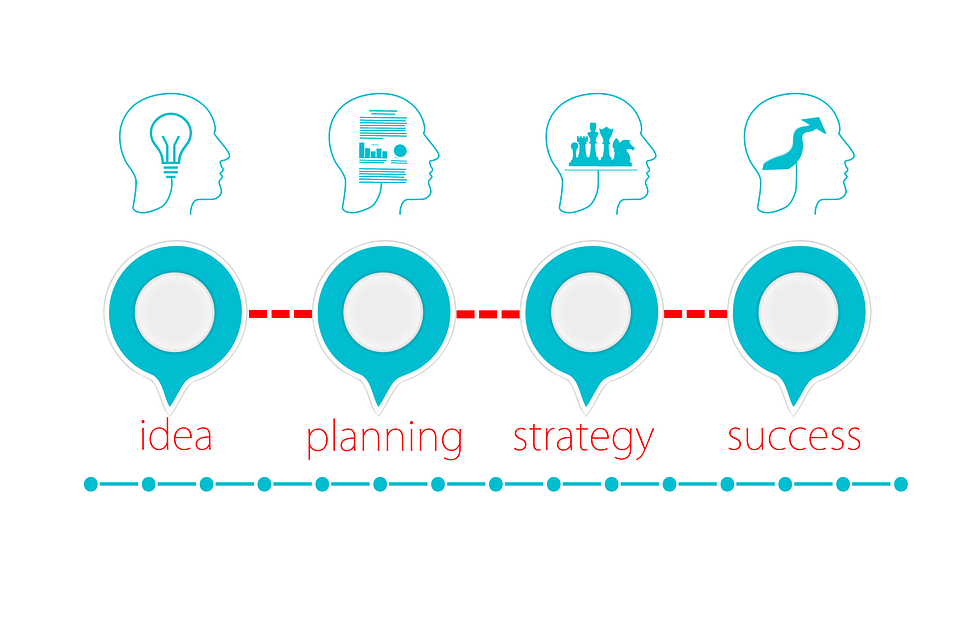Why is Business Planning essential?
The majority start a business just after getting an idea while some do meticulous planning before they take it up as a business. 99% of the businesses perish within the first 10 years. If you are a business owner have you ever thought about why it happens? It is where business planning comes into the picture to reduce your risk of failing. Here are 7 reasons why business planning is important.
1. Business planning is proven to help you grow 30 percent faster

Writing a business plan isn’t about producing a document that accurately predicts the future of your company. The process of writing your plan is what’s important. Writing your plan and reviewing it regularly gives you a better window into what you need to do to achieve your goals and be successful.
Business planning is about regularly setting goals, tracking your progress toward those goals, and making changes to your business as you learn more about your customers. You don’t have to just take our word for it. Studies have proven that companies that plan and review their results regularly really do grow 30 percent faster. Beyond faster growth, research also shows that companies that plan actually perform better.
2. You’ll make big spending decisions with confidence

As your business grows, some of the best problems you’ll have are figuring out when to hire new employees, when to expand to a new location, or whether you can afford a major purchase. These are major spending decisions, and if you’re regularly reviewing the forecasts you mapped out in your business plan, you’re going to have better information to use to make your decisions.
3. Having a business plan minimizes your risk

When you’re just starting out, there’s so much you don’t know—about your customers, your competition, and even about operations. As a business owner, you signed up for some of that uncertainty when you started your business, but there’s a lot you can do to reduce your risk. Creating and reviewing your business plan regularly is a great way to uncover your weak spots—the flaws, gaps, and assumptions you’ve made—and develop contingency plans.
4. It’s a solid foundation for strategic planning, prioritization

Your business plan is a great place to map how your sales and revenue goals fit with your expense budget. Drawing a clear connection between what you’re investing in and the results you hope to achieve will help you make sure that you’re setting yourself up for success.
A business plan makes it easier to get everyone on your team on the same page. You’ll be able to explain, in simple terms, how you think you’ll get from here to there. Rallying your team to align toward the same priorities will increase your efficiency as a whole. You want everyone on your team to see the big picture and understand your larger goals. You need their buy-in from the beginning, and as you progress, you want to make it easy to track and communicate your progress.
5. To set better objectives and benchmarks

Without a business plan, objectives often become arbitrary, without much rhyme or reason behind them. Having a business plan can help make those benchmarks more intentional and consequential. They can also help keep you accountable to your long-term vision and strategy, and gain insights into how your strategy is (or isn’t) coming together over time.
6. To help you identify potential weaknesses

Having a business plan helps you to identify potential pitfalls in your idea. You can also share the plan with others who can give you their opinions and advice. Identify experts and professionals who are in a position to give you invaluable advice, and share your plan with them.
7. To communicate your ideas with stakeholders

A business plan is a communication tool that you can use to secure investment capital from financial institutions or lenders. It can also be used to convince people to work for your enterprise, secure credit from suppliers, and attract potential customers. Creating a business plan involves a lot of thought. You need to consider what you want to do, and use that as a starting point. It doesn’t need to be complicated.
What’s in a business plan anyway?
Your business plan can vary widely depending on the industry you’re trying to break into and the audience you’re presenting to, among other factors. There are, however, six primary elements that every business plan should include:
- Executive summary
- Market opportunity
- Marketing and sales strategy
- Operations plan
- Team strategy
- Financial projections
Need help with preparing a business plan? Contact us today!


